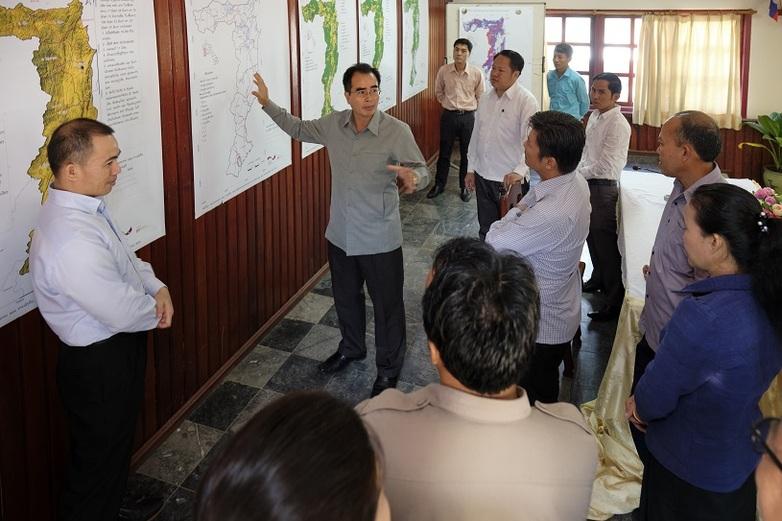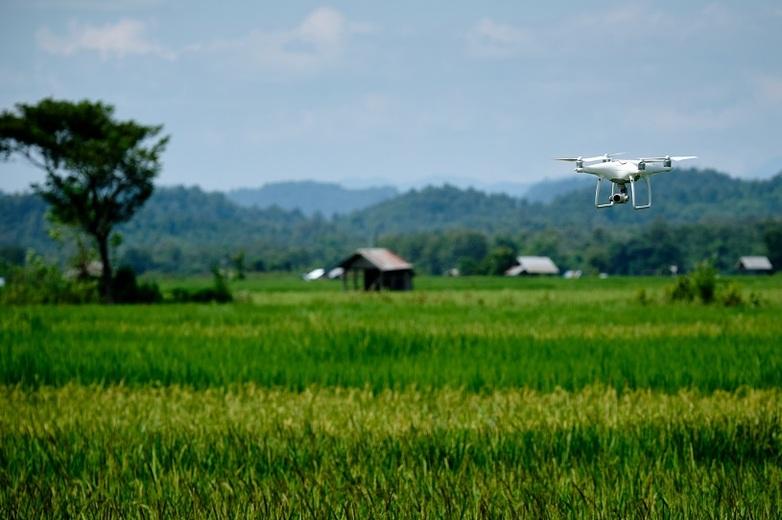Context
In Laos, various ministries and the affiliated agencies are responsible for land use and land management. However, their mandates are often not clearly defined and may overlap in practical execution. This leads to an unclear distribution of responsibilities, which can result in the mismanagement of natural resources. Moreover, empirical land use data is often lacking, yet extremely important for solving land conflicts and applying sustainable land management principles in practice. Although there have been improvements in recent years, government agencies require further support in capacity development to strategically implement existing land use planning instruments and methods.
From 2015 to 2019, a variety of tools to improve land use planning processes were developed as part of the previous project phases. These include the digital cadastre for land registration LaoLandReg, the land information system LUIS, and the Area Physical Framework (APF) for land zonation. Since 2020, the current project phase focusses on the institutionalisation and further technical expansion of these tools.
Objective
At all levels, the responsible authorities in Laos are capable of using land use planning instruments to manage natural resources, as well as to solve and prevent conflicts over land and resources.

